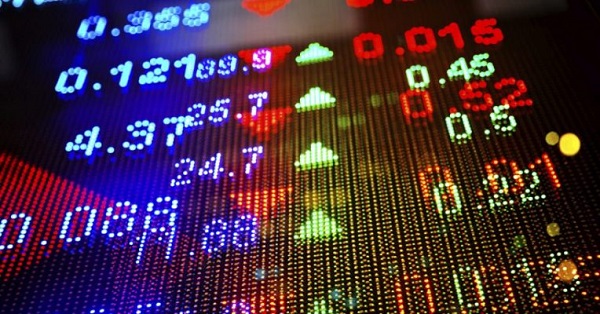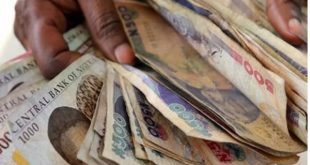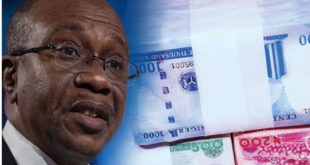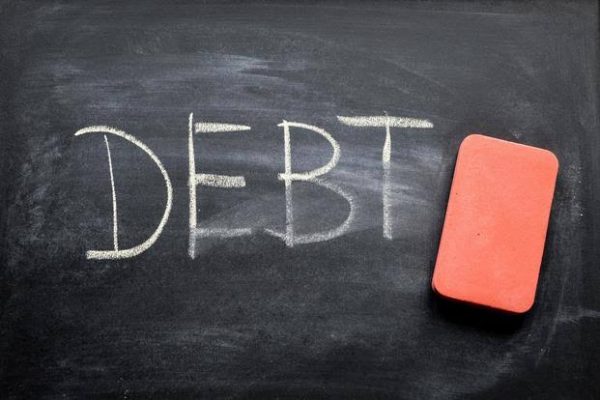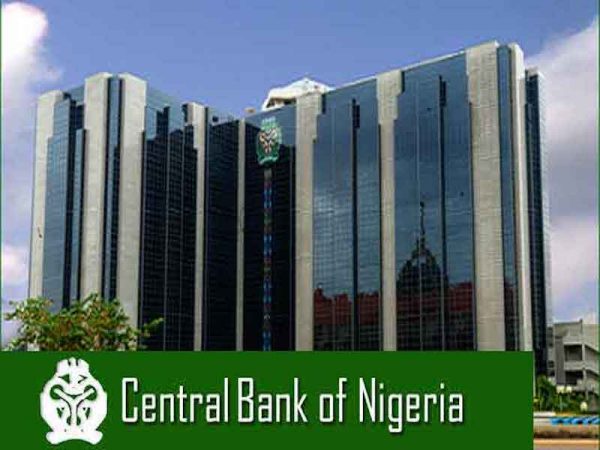 The Central Bank of Nigeria (CBN) has injected a total of $23.257 billion into the interbank segment of the foreign exchange (forex) market since it commenced its intervention in February last year, figures compiled by THISDAY have shown.
The Central Bank of Nigeria (CBN) has injected a total of $23.257 billion into the interbank segment of the foreign exchange (forex) market since it commenced its intervention in February last year, figures compiled by THISDAY have shown.
Media had put the total amount of the weekly forex sales as of March 26 this year at $18.067 billion.

The amount has, however, increased by $5.190 billion, to $23.257 billion as of August 8.
A breakdown of the forex

the apex bank have helped in eliminating the pressure on the FX market, ensured exchange rate stability and eliminated currency speculators.

The naira exchange rate has remained stable since last year when the central bank commenced the forex sales. intervention in the past four months showed that while in April the central bank intervened with a total of $1.026 billion; May – $1.272 billion; June – $1.502 billion, the bank however reduced the amount of forex intervention in July to $970 million.
According to the weekly FX sales by the central bank between February 21, 2017, and August 8 this year, compiled by THISDAY, the CBN has sold the greenback to authorised dealers in a total of 97 sessions.
The analysis of the dollar sales further showed that in 2017 alone, the bank intervened with a total of $15.043 billion and in the first seven months of 2018, it has pumped in $8 billion in the market.
Market analysts maintained that the interventions by
In April 2017, the CBN introduced a new exchange rate window, the Nigerian Autonomous Foreign Exchange Fixing Mechanism (NAFEX), commonly known as the Investors’ and Exporters’ (I&E) window.
The I&E window and the interbank market have been seen as the main exchange rate windows utilised in foreign currency trading.
However, Nigeria’s external reserves continued its decline as figures released by the CBN yesterday showed that it has fallen to $46.869 billion as of yesterday.
Analysts at FSDH Merchant Bank Limited attributed the decline to “foreign investors’ pull-back from the Nigerian market and the increase in demand at the foreign exchange market.”
“The total inflow through the I&E Window between April 2017 and July 2018 stood at US$34.29 billion. Our analysis shows that the total inflow through the I&E Window in July was the lowest figure recorded since August 2017.
“The favourable crude oil price offers support to the accretion to the external reserves in the short-term, despite the slowdown in foreign capital inflows,” FSDH Merchant Bank stated in a report.
Mohammed Garuba, a founding Partner/Director of CardinalStone Partners Limited, a Lagos-based investment banking firm, pointed out in an interview with THISDAY that the inflow of forex to a large extent would determine the performance of the Nigerian economy.
“If you observe, even with high oil prices the external reserves have been dropping. Yet, we haven’t started spending for capital expenditure. Almost every week, at the end of the Federal Executive Council (FEC) meeting, they would announce approvals running into billion and all these are from the reserves. While people are happy that they want to grow the economy where is the money going to come from?
“So, the country needs to raise more Eurobond because if the reserves go below $46 billion, FX speculation may start again. So how we have kept the reserves at $48 billion, people don’t know,” he added.
 MMS PLUS NG – Maritime, Aviation, Business, Oil and Gas News Online Newspaper with coverage in Maritime, Oil and Gas, Aviation, Power and Energy as well as Financial News
MMS PLUS NG – Maritime, Aviation, Business, Oil and Gas News Online Newspaper with coverage in Maritime, Oil and Gas, Aviation, Power and Energy as well as Financial News



